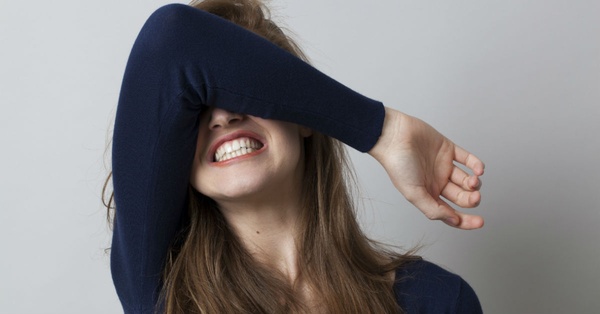
Do you get the same pounding headache each day? If you’ve tried to pinpoint the cause to eating, sleeping, caffeine and other triggers with no success, there may be one cause you haven’t considered: teeth grinding.
What is Bruxism?
Bruxism, or teeth grinding, is a widespread dental/sleep disorder. The Bruxism Association reports that 8-10 percent of the population experiences the disorder to some degree. Interestingly, the most common age group for bruxism is 25-44 year olds. And according to the American Sleep Association, the probability of suffering from bruxism has a lot to do with your family tree. Those with a family history of the disorder are 50 percent more likely to experience it as well.
What Causes Bruxism?
While there is no one particular cause of bruxism, possible causes include stress and anxiety as well as bite and joint issues. The Bruxism Association also suggests smoking, heavy drinking caffeine, depression and other sleep disorders may be to blame.
Bruxism Signs & Symptoms
In many cases, the individual suffering from bruxism might not have any idea. Dentists are often the first to notice as they examine damage done to teeth during a routine appointment.
Another common indicator of bruxism is headaches. According to the Mayo Clinic, headaches are the most commonly cited area of pain in regards to bruxism. It is estimated that teeth grinders are three times for likely to suffer from headaches that non-bruxists. Ouch!
Those who suffer from bruxism-induced headaches often describe the pain as strongest in the temples.
Others report that the pain from clenching and grinding their teeth all night shows up as neck pain. This pain can become intense as it is compounded over days, weeks and months. These irritated muscles can become tight and inflamed.
Waking up with a sore jaw and mouth is yet another sign something is up.
Treatment For Bruxism
Treatment for bruxism can include a mouth guard or relaxation techniques before sleep. There are inexpensive mouthguards you can buy at the store, but their one-size-fits-all nature makes them minimally effective.
Many dental offices offer custom mouthguards made specifically for you. These mouthguards are worn at night have proven to be quite effective. Other appliances including splints are also used. All of them help reduce jaw muscle pain and protect your teeth from further damage.
Orthodontics are another option as some people’s teeth grind because they are misaligned or are not fitting together properly.
If you suspect you have bruxism, ask your dentist and look into treatment options available.



Leave a Reply